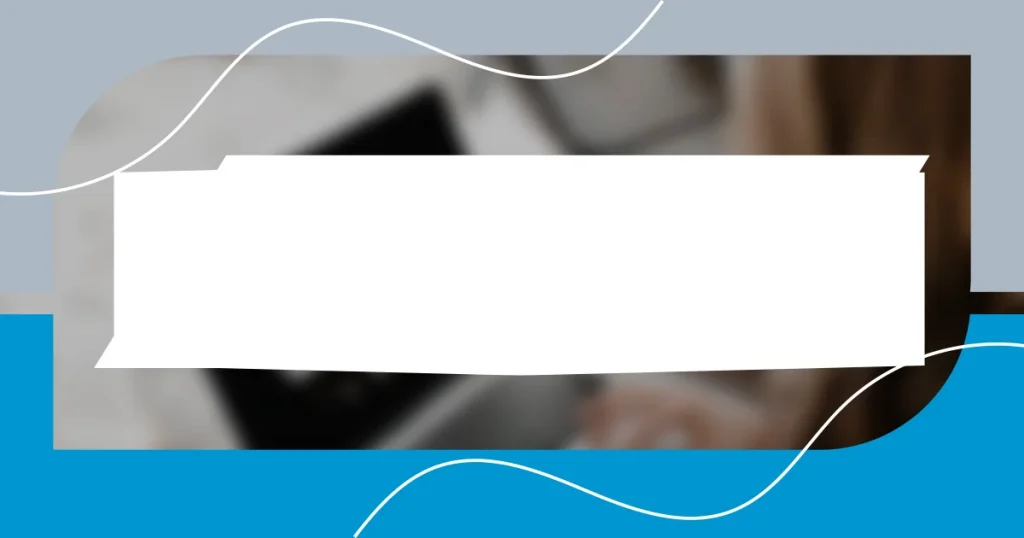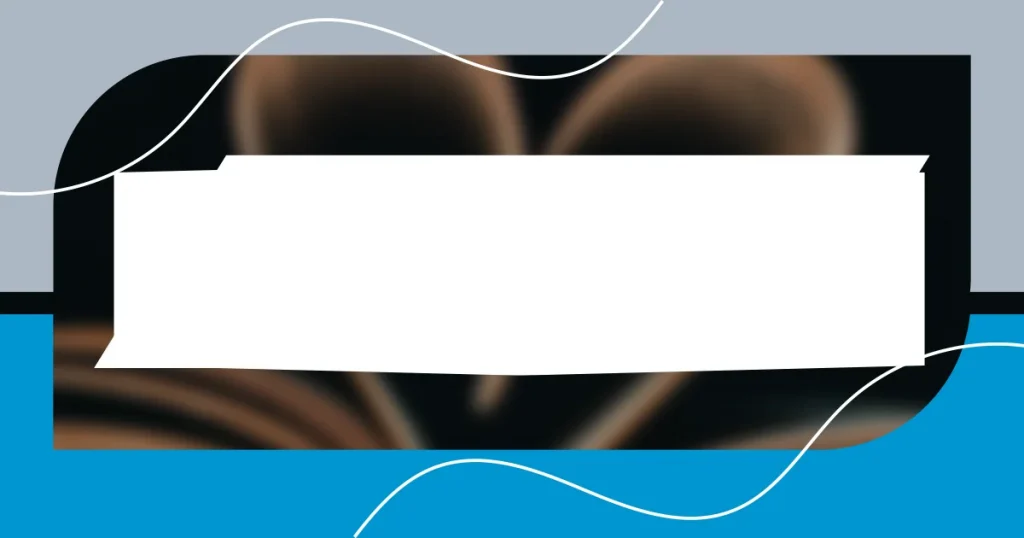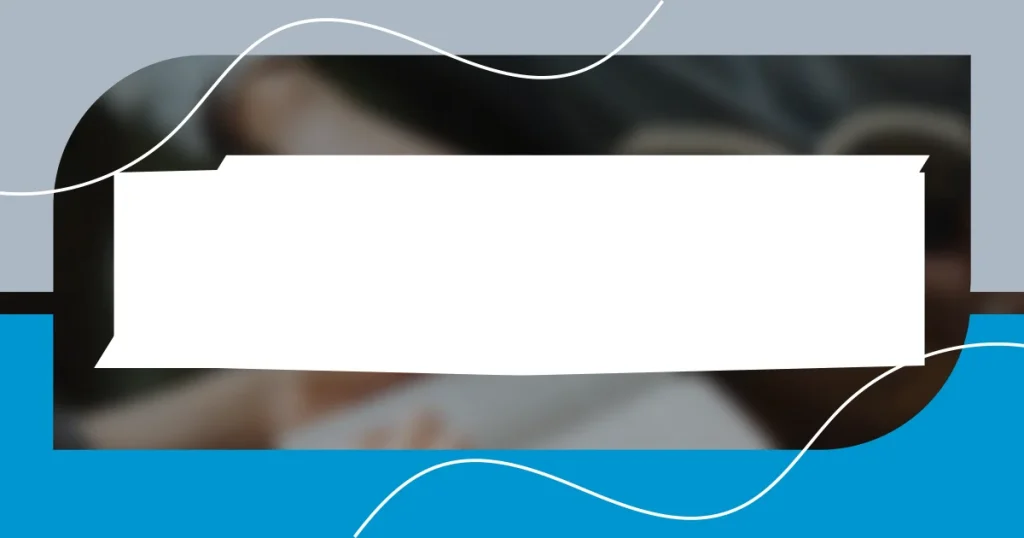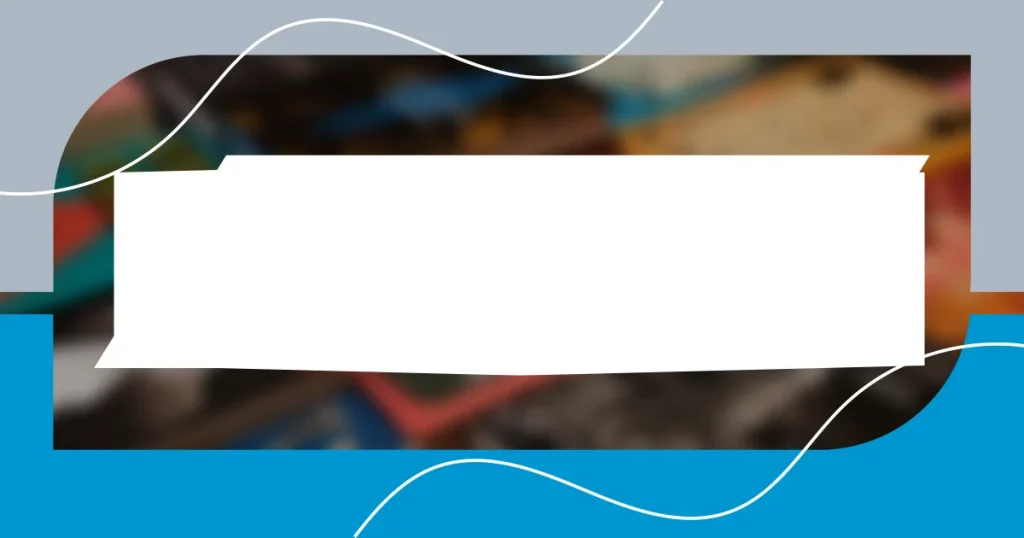Key takeaways:
- Identifying your niche is essential for freelance success, aligning personal interests with market demand enhances career fulfillment.
- Networking with other writers can foster collaboration, creativity, and opportunities, both online and offline.
- Establishing clear rates and contracts protects freelancers and sets professional boundaries, empowering them to negotiate with confidence.
Understanding freelance writing basics
Freelance writing is essentially about being your own boss while crafting written content for various clients. I remember my first gig—a small blog post for a local business. I felt exhilarated tapping away on my keyboard, but also anxious about delivering quality work. Have you ever felt that mix of excitement and nerves when starting something new?
A key aspect of freelancing is balancing creativity with business sense. You need to market yourself and manage clients while consistently producing top-notch writing. I learned this the hard way when I neglected to track my hours and ended up undercharging for a project. What if I had kept a simple spreadsheet? The difference it could have made!
Understanding different types of writing—be it copywriting, content writing, or editing—can help you find your niche. I initially dabbled in several areas, but it was personal storytelling that truly resonated with me. What will resonate with you as a writer? Identifying your strengths and interests can guide you toward finding your unique voice in the freelance world.
Identifying your niche in writing
Identifying your niche in writing is crucial for establishing yourself in the freelance world. When I first began my writing journey, I tried my hand at various styles, from travel articles to technical manuals. It wasn’t until I wrote a series of pieces on wellness that I discovered my true passion. The joy I felt crafting those articles was immense, and it made me realize how important it is to write about topics that genuinely interest you.
As you explore potential niches, take a moment to reflect on your personal experiences and expertise. I often ask myself, “What subjects can I talk about passionately for hours?” This self-reflection has led me to focus on topics like mental health and personal development. Have you considered what unique insights you can bring to the table? Your lived experiences can offer a distinct perspective that sets you apart from other writers.
Lastly, conducting market research helps in identifying the demand for your niche. I remember noticing a surge of interest in sustainability writing, and it prompted me to start specializing in that area. By marrying my passion with market needs, I found a fulfilling path as a freelance writer. So, think about where your interests align with what clients are seeking—this could be the key to a successful writing career.
| Factors | Considerations |
|---|---|
| Your Interests | What topics ignite your passion? |
| Your Expertise | What knowledge or skills do you already have? |
| Market Demand | What niches are currently trending or underserved? |
Building a compelling portfolio
Building a compelling portfolio is essential for any freelance writer looking to attract clients. When I was starting out, I focused on showcasing a variety of work, from blog posts to essays. I realized that clients want to see not just your versatility but also your unique style. As I gathered my pieces, I felt a growing sense of pride. Each article represented a step in my journey, a story of perseverance and creativity.
To make your portfolio stand out, consider including the following elements:
- Diverse Writing Samples: Display a range of writing styles and topics to showcase your versatility.
- Personal Projects: Include any personal blogs or articles that reflect your voice and passions.
- Client Testimonials: Positive feedback from previous clients can add credibility and attract new business.
- Case Studies: Highlight how your writing helped a client achieve their goals, showcasing your impact.
- Up-to-Date Content: Regularly refresh your portfolio with your latest work to remain relevant and demonstrate growth.
I cherish the moments when a new client takes a chance on me after browsing my portfolio. It reinforces my belief in the power of storytelling and the importance of putting my best foot forward. Reflecting on my progress, I can see how each step—each piece of writing—has carved the path for my freelance journey.
Networking with other writers
Connecting with other writers has been a game-changer in my freelance journey. I recall attending a local writer’s meetup where I met a group of passionate creatives. Sharing our experiences over coffee sparked not only friendships but also collaborations that enriched my writing style. Have you ever thought about how much you could learn from fellow writers? Their diverse perspectives can open doors to new ideas and approaches you haven’t considered before.
One of the most impactful ways I’ve networked is through online communities. I joined several writing forums and social media groups, which have been invaluable in building connections. I remember posting a question about freelance rates and received a flood of responses from writers across the globe. This shared knowledge made me feel part of a larger community, reassuring me that I wasn’t alone in navigating this often-isolated path. It’s incredible how a simple conversation can inspire a whole new approach to your work.
I also learned the importance of leveraging these relationships for mutual support. Once, a writer friend and I exchanged guest posts, which helped both of us reach new audiences. This collaboration not only expanded my visibility but also reinforced the idea that networking is about lifting each other up. Have you thought about how you could benefit from similar collaborations? Embracing the spirit of community can significantly enhance your writing career, making it more fulfilling and connected.
Finding freelance job opportunities
When it comes to finding freelance job opportunities, utilizing online platforms has been crucial for me. I found success on sites like Upwork and Fiverr, where creating a strong profile allowed me to showcase my skills and attract clients. Do you remember the first time you landed a gig online? The thrill of seeing “Congratulations! You’ve been hired!” pop up on my screen is something I’ll never forget—it felt like validation for all the hard work I’d put in.
Beyond freelance job boards, I discovered the power of social media in searching for gigs. I started following editors and writers on Twitter, engaging in conversations that often led to job openings. One time, I tweeted about my love for writing web content, and a follower reached out with a project. It just goes to show—sometimes, opportunities are just a tweet away! Have you tapped into the potential of online networking?
I also recommend staying connected with past clients. After completing projects, I always made it a point to send a thank-you email and let them know I was available for future work. On several occasions, those small gestures led to repeat business or referrals. How often do we underestimate the importance of nurturing professional relationships? Each interaction, no matter how simple, has the potential to blossom into a new opportunity down the line.
Setting your rates and contracts
Setting your rates as a freelance writer can feel daunting at first. I remember when I first entered this field; I spent countless hours researching what others were charging. I discovered that rates could vary significantly based on factors like experience, niche, and project complexity. Have you ever grappled with the uncertainty of what to charge? I found that it helped to establish a baseline by calculating my desired hourly wage and translating that into project rates. This approach gave me the confidence to negotiate with clients, knowing I’d accounted for my time and effort.
Contracts, equally important, can often be overlooked by new freelancers. In the beginning, I often skipped this step, thinking it wasn’t necessary for small projects. However, one time, a client asked for additional revisions beyond our agreement, and without a clear contract, I ended up doing extra work without compensation. It taught me a valuable lesson: always have a written agreement outlining the scope of work, deadlines, and payment terms. How do you feel about formal contracts? They not only protect you but also set the right expectations for your clients.
As I continued to grow my freelance business, I learned to adjust my rates periodically. With each successful project, I felt more justified in increasing my fees, reflecting my improved skills and experience. I remember celebrating my first rate hike after landing a long-term contract with a client who valued my work. Has it crossed your mind that your worth in this industry evolves over time? Regularly revisiting my rates has been empowering, reminding me that I’m worth every penny I charge.











